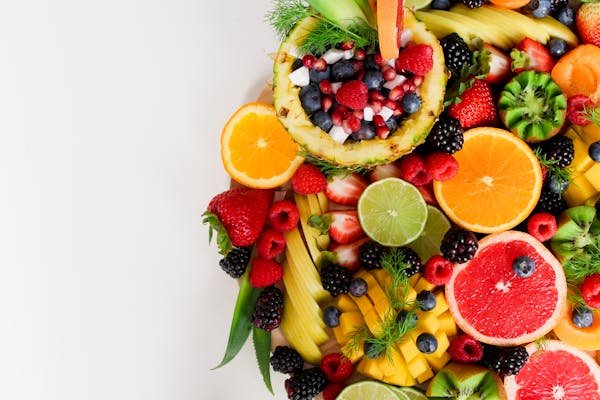Follow us and share.
Fitness Nutrition: What to Eat Before and After a Workout
Learn what to eat before and after your workout to improve your performance, speed up your recovery, and achieve your fitness goals with smart nutrition.
Good nutrition is just as important as exercise when it comes to achieving your fitness goals. Knowing what to eat before and after training can make a huge difference in your performance, recovery, and results. In this article, we explain what foods to include in your pre- and post-workout diet, depending on your goals and activity level.

📌 Why is nutrition important during training?
Food is the body's fuel. Eating well before exercise gives you energy to perform at your best, while eating well after training helps muscle recovery and replenish essential nutrients. Ignoring this aspect can result in fatigue, poor performance, and reduced muscle gain.
📌 What to eat before training?
Ideally, you should eat between 1 and 3 hours before your workout, depending on the intensity of your exercise and your digestion. Your meal should be rich in easily digestible carbohydrates and contain a moderate amount of protein. Avoid excess fat and fiber, as these can cause stomach upset.
Examples of pre-workout meals:
- Greek yogurt with fruit and oats.
- Whole wheat bread with banana and a teaspoon of peanut butter.
- Fruit smoothie with vegetable protein or whey.
- Bowl of rice with egg whites.
If you're training very early and can't eat a full meal, a light option like a banana or an energy bar can help you start off energized.
📌 What to eat after training?
After exercise, the body needs to replenish lost glycogen and repair muscle fibers. Therefore, your post-workout meal should be rich in protein and contain a good source of carbohydrates.
Examples of post-workout meals:
- Grilled chicken with boiled potatoes and vegetables.
- Protein shake with banana and oats.
- Egg white omelet with whole wheat bread and avocado.
- Natural yogurt with granola and red fruits.
The ideal time to eat is within 30 to 60 minutes after exercise, when the body is most receptive to absorbing nutrients.
📌 What happens if you don't eat well before or after exercise?
Skipping a meal beforehand can leave you without energy, cause dizziness, and decrease your performance. On the other hand, skipping a post-workout meal can slow muscle recovery, increase the risk of injury, and hinder muscle growth.
📌 How to adapt your diet according to your goals?
- To lose fat: Choose low-calorie but nutritious foods. Prioritize lean proteins and vegetables, and reduce sugars and saturated fats. Control portions without skipping a meal after exercise.
- To gain muscle mass: Increase your protein intake (chicken, fish, eggs, legumes) and complex carbohydrates (rice, whole-wheat pasta, oatmeal). Don't be afraid of calorie intake if it's quality.
- To stay healthy: Balance your meals across all food groups. Choose natural options and avoid ultra-processed foods.
💡 Final Reflection: Eating well is training better
Good nutrition before and after training not only improves your performance, but also speeds up your recovery and helps you achieve your goals. Listen to your body, adapt your choices to your lifestyle, and remember that training without eating well is like running without gas. Make nutrition your best fitness ally!



